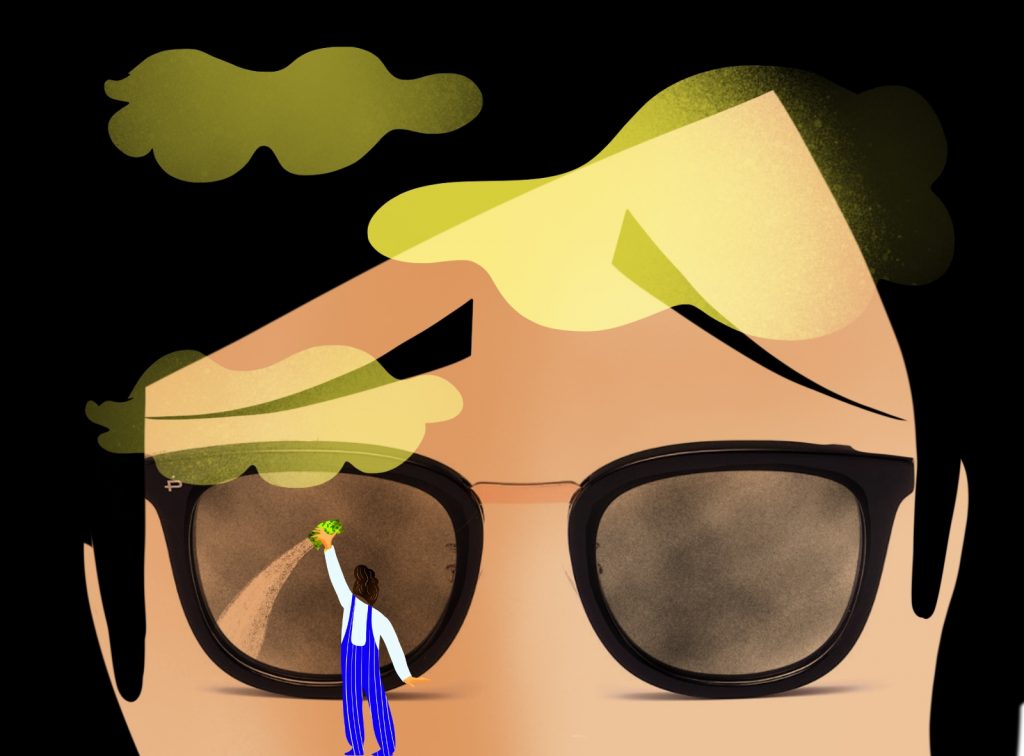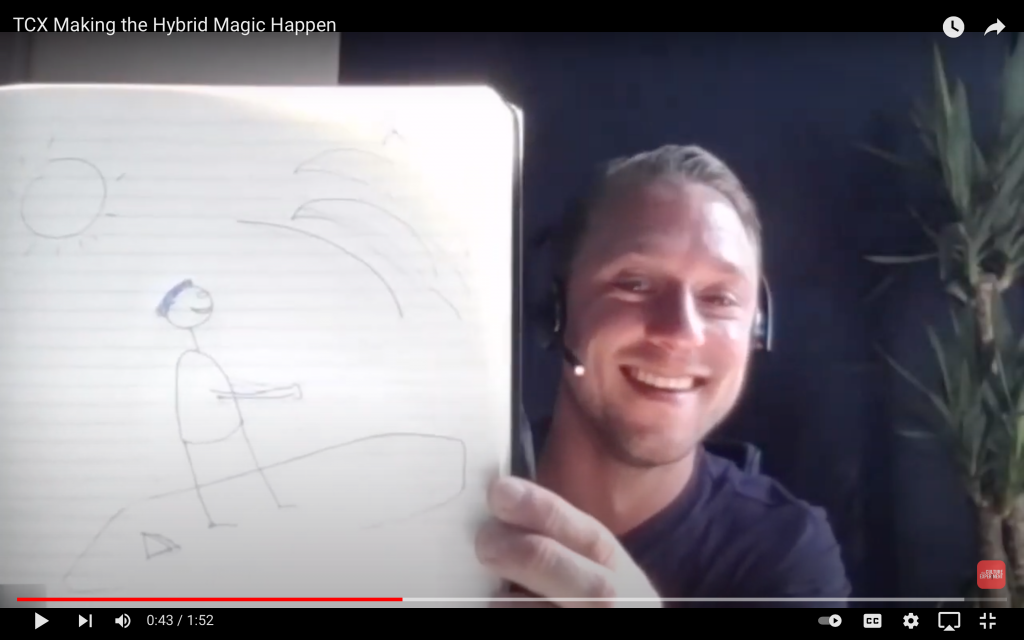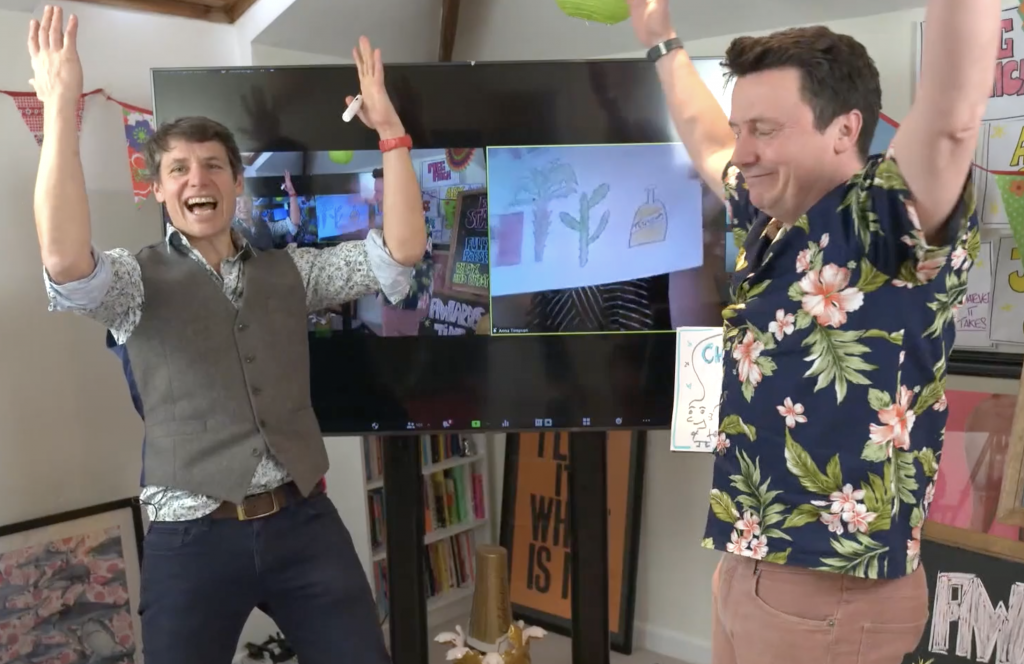Research shows remote working can reap dividends for focused work/ task completion. But now COVID 19 has moved in, we’re mostly working from home – and it’s getting pretty crowded in here! Whether we’re furiously schooling our kids; dancing round our flatmate co-workers, or or stuck on our umpteenth video call, we’re all SUPER-BUSY (getting nowhere…)
So when life is frantic, how do we stay focused? Faced with a thousand diversions, how do stop getting distracted, and start making progress?

What we know
- Attention is selective: We direct it consciously (when we choose to focus on something) but to a far greater degree we are training our subconscious on whatever our brain holds important for our survival and well-being.
- Multi-tasking makes people (up to 40%) less productive and degrades their ability to process information successfully.
- The average worker is distracted every 3 minutes. Once distracted, it can take us up to 25 minutes to regain focus.
- Most people can concentrate for no more than 90 minutes before they need to take a 15 minute break.
- People who practise meditation and mindfulness have better control over their attention resources, and are better at noticing when it’s time for a break.







